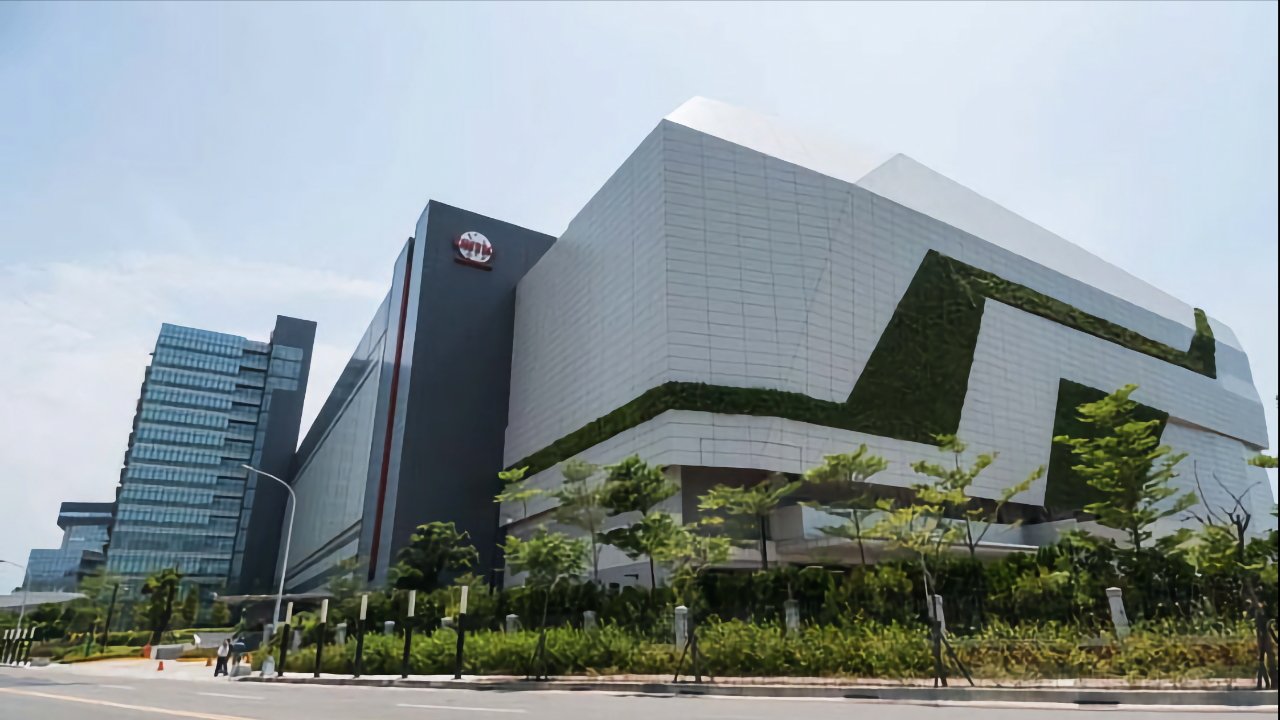Apple is poised to increase the prices of its upcoming iPhone 17 series, a move driven by escalating tariff costs and shifting global trade dynamics. This development comes as the company grapples with the financial implications of new U.S. tariffs on imports from China, where a significant portion of Apple’s manufacturing occurs.
Impact of Tariffs on Apple’s Supply Chain
The U.S. government’s recent imposition of a 54% tariff on Chinese imports has placed substantial pressure on companies like Apple, which rely heavily on Chinese manufacturing facilities. Analysts from Rosenblatt Securities estimate that to offset these tariffs, Apple would need to raise iPhone prices by approximately 43%. This adjustment could see the base model iPhone 16 increase from $799 to over $1,140, and the high-end iPhone 16 Pro Max with 1TB storage rise from $1,599 to nearly $2,300. ([macrumors.com](https://www.macrumors.com/2025/04/04/2300-dollar-iphone/?utm_source=openai))
Strategic Shifts in Manufacturing
In response to these tariffs, Apple has been diversifying its manufacturing base. The company has significantly increased iPhone production in India, aiming to reduce its dependence on Chinese manufacturing. By 2025, Apple plans to have India produce at least 15% of its global iPhone supply, with aspirations to increase this to 25% by 2027. This strategic shift is intended to mitigate the impact of tariffs and ensure a more resilient supply chain. ([macobserver.com](https://www.macobserver.com/news/how-apple-plans-to-keep-iphone-17-prices-low-amid-trump-tariffs/?utm_source=openai))
Potential Price Increases and Consumer Impact
Despite these efforts, the financial burden of tariffs is likely to be passed on to consumers. Counterpoint Research has revised its 2025 global smartphone shipment growth forecast downward from 4.2% to 1.9%, citing uncertainties surrounding U.S. tariffs. The firm anticipates that Apple and Samsung will adjust their pricing strategies to account for increased costs, potentially leading to a decline in consumer demand. ([reuters.com](https://www.reuters.com/business/media-telecom/counterpoint-research-cuts-2025-global-smartphone-shipment-growth-amid-tariff-2025-06-04/?utm_source=openai))
Apple’s Response and Future Outlook
Apple CEO Tim Cook has acknowledged the challenges posed by the tariffs, stating that the company is very engaged on the tariff discussions and is exploring various strategies to manage the impact. While Apple has not officially announced price increases, the company is considering options such as adjusting carrier subsidies, enhancing trade-in programs, and negotiating better deals with suppliers to offset costs. However, if tariffs remain in place, price increases for the iPhone 17 series appear increasingly likely. ([forbes.com](https://www.forbes.com/sites/davidphelan/2025/05/02/will-iphones-see-price-hikes-because-of-tariffs-apple-ceo-tim-cook-comments/?utm_source=openai))
Conclusion
As Apple prepares to launch the iPhone 17, consumers should be aware of potential price increases resulting from ongoing trade tensions and tariff policies. The company’s efforts to diversify its manufacturing base and implement strategic pricing adjustments may help mitigate some of the impact, but higher prices seem inevitable in the current economic climate.



